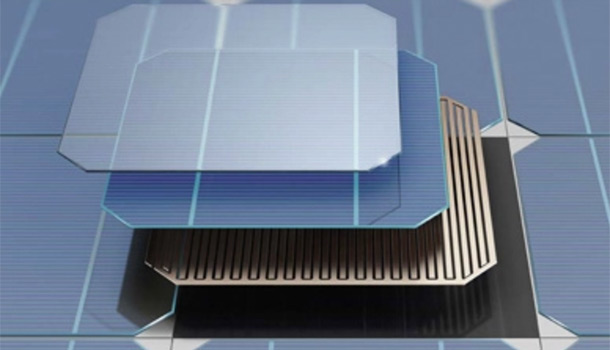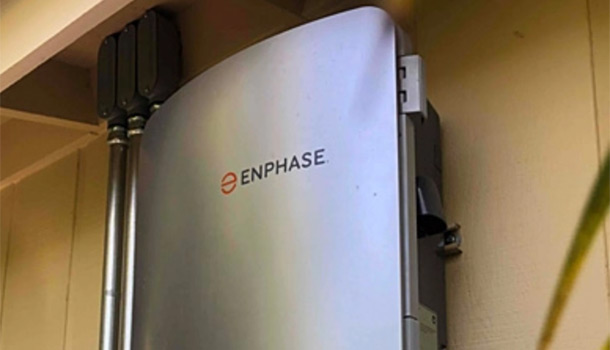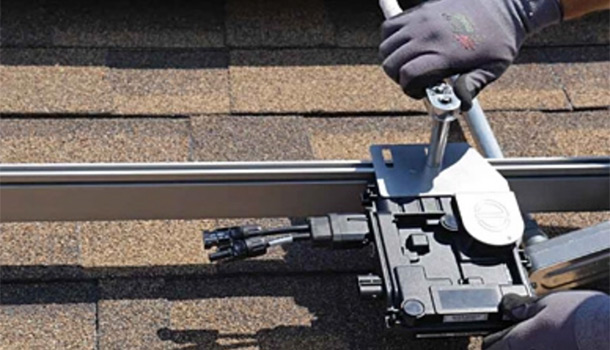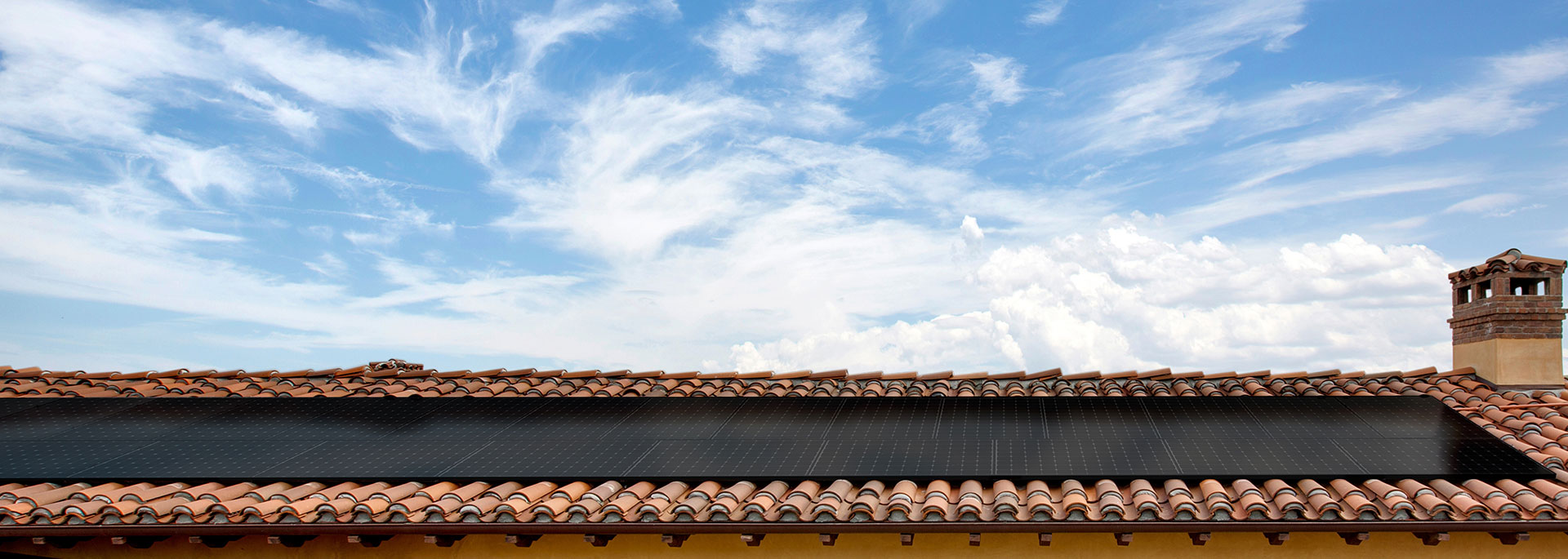We use cookies to enhance the performance of our website, and to better personalize content for you, our users. By remaining on our site, you indicate that you’re ok with cookies. Read more
Solar panels collect the sun’s energy and convert it to electricity. Solar PV is the most common technology used to power homes.
There are two main Solar PV types: monocrystalline or polycrystalline, and they offer different aesthetics, efficiency, and price ranges. Their output and efficiency ratings determine their size and total output. Panels are an essential part of a solar panel system and these are just a few factors that will play into the type you choose.




